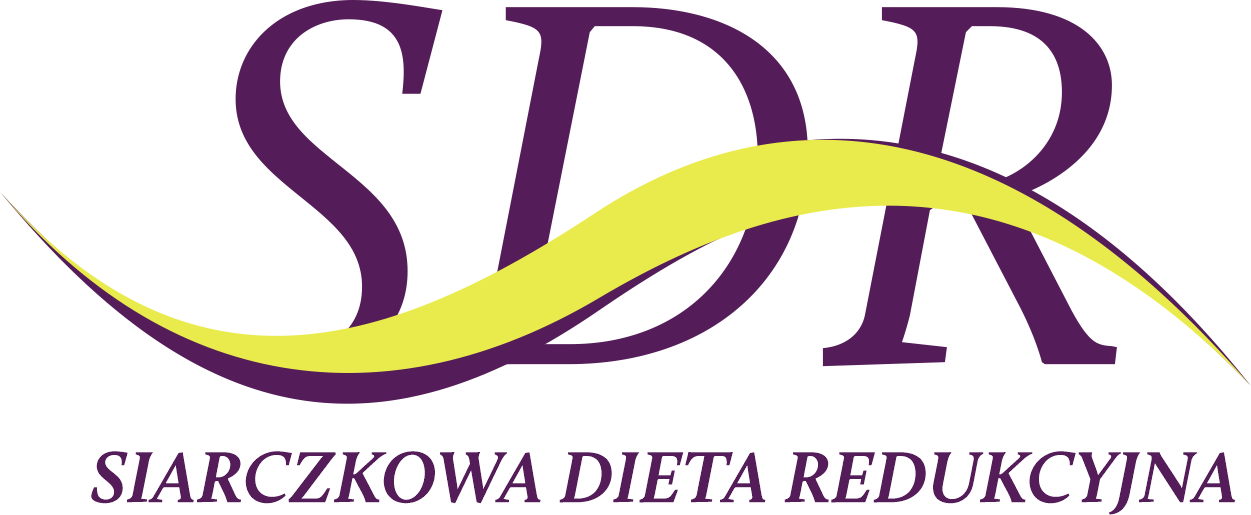
Cardiological diseases (arterial hypertension, venous insufficiency)
Cardiological diseases (arterial hypertension, venous insufficiency)
Hypertension is a circulatory system disease characterized by long-term elevated blood pressure in the arteries. Normal values are considered to be below 120/80 mmHg, while hypertension is considered to be present when these values exceed 140/90 mmHg. This disease is often asymptomatic, which is why it is called the "silent killer". Untreated hypertension can lead to serious complications, such as coronary artery disease, stroke, heart failure or kidney damage. The causes of hypertension are complex and include genetic, environmental and lifestyle factors. Venous insufficiency is a circulatory system disease in which the veins have difficulty draining blood from the lower limbs back to the heart. This leads to blood stagnation in the legs, which manifests itself as a feeling of heaviness in the legs, swelling, pain, and in advanced cases - varicose veins and skin lesions. Venous insufficiency can be primary (related to congenital weakness of the venous valves) or secondary (resulting from deep vein thrombosis). Risk factors include genetic predisposition, obesity, pregnancy, prolonged standing or sitting, and age. Although the disease is not life-threatening, it can significantly reduce the quality of life and lead to serious complications, such as venous ulcers.
Prevention in cardiological diseases
- Prevention of hypertension and venous insufficiency includes many common elements:
- regular physical activity, especially exercises involving the calf muscles,
- maintaining a healthy body weight,
- a healthy, balanced diet with limited salt,
- limiting alcohol consumption,
- ceasing smoking,
- reducing stress,
- avoiding prolonged standing or sitting,
- regular blood pressure measurements,
- controlling cholesterol and blood sugar levels,
- wearing comfortable footwear,
- elevating legs during rest,
- using compression clothing (stockings, tights) in the case of predisposition to venous insufficiency,
- avoiding hot baths and saunas,
- cold showers for legs to improve circulation,
- regular check-ups with a doctor.
Treatment of cardiological diseases
Treatment of chronic cardiological diseases, such as hypertension and venous insufficiency, requires a comprehensive approach combining lifestyle modification with appropriate pharmacotherapy.
In the case of hypertension, various groups of drugs are used, including ACE inhibitors, ARBs, beta-blockers, calcium channel blockers and diuretics, selected individually for the patient. The aim is to achieve and maintain blood pressure below 140/90 mmHg.
Treatment of venous insufficiency is mainly based on compression therapy, i.e. the use of compression stockings or tights, and phlebotropic drugs that improve the condition of the vessels.
In both diseases, regular physical activity and maintaining a healthy body weight play a key role. In advanced stages of venous insufficiency, it may be necessary to use surgical methods, such as sclerotherapy or varicose vein surgery. For both diseases, regular monitoring of the health condition and adjustment of therapy are important. Patient education and their involvement in the treatment process are fundamental to the effectiveness of the therapy. In cases that are refractory to standard treatment, both in hypertension and venous insufficiency, more advanced therapeutic methods are considered.



